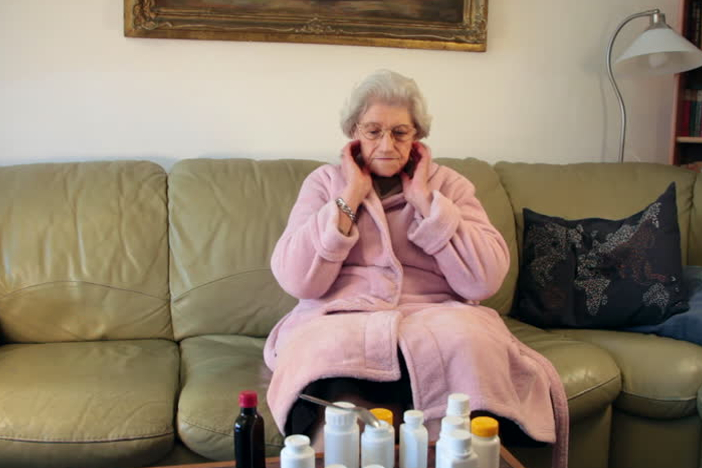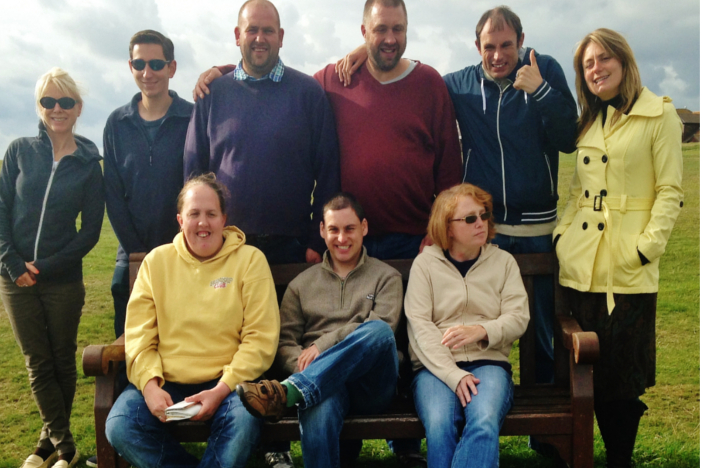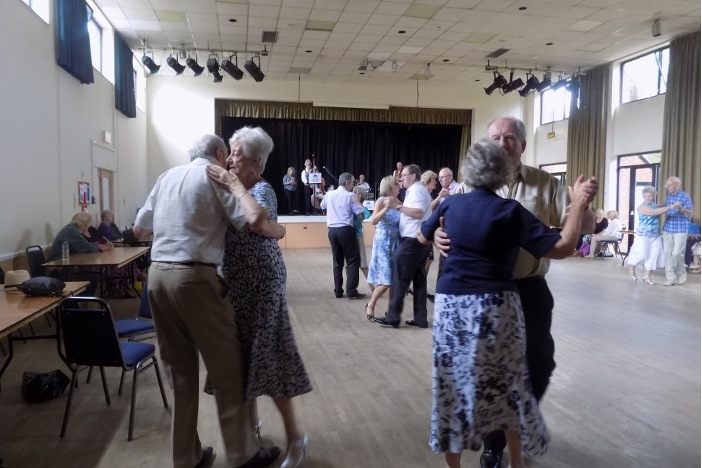In the lead up to starting my new job, I was already considering how difficult it must be to decide which groups to prioritise for funding when there are so many different needs in our communities, and numerous groups working hard to address these needs. How do you decide between different approaches to the same issue? How do you prioritise one social issue over another or one area of the county over another? How do you assess what is value for money? Should you prioritise applications that are better written or should you consider that some groups may have less expertise in bid writing? Is it more important to address groups working with those in crisis or those doing preventative work? My head was spinning with all the variables and considerations.
I was happy to find that Dorset Community Foundation already had a strategy in place that helps us to assess applications. With so many charitable organisations in our county, the Foundation chooses to fund the smaller charities and the community groups who may not have charitable status. These groups can find it harder to attract funding from other sources due to a lower profile and capacity issues, yet they often need only small amounts of funding to deliver real impact in our communities. I have met a good number of these groups now and what has impressed me is the determination of small teams of staff and volunteers in addressing the issues of which they often have first-hand knowledge. The groups I have met share an in-depth understanding of the problems they are working to improve and an inherent respect for the beneficiaries they serve. They want to deliver services that are meaningful and life-changing to beneficiaries, and they listen to the views of their services users in order to develop work that brings this impact.
Funding smaller groups can be challenging in terms of assessing the sustainability of a group or project. In order to safeguard the money that is entrusted to us by our donors, we carry out due diligence checks to ensure that even the smallest group nevertheless has reasonable governance and procedures in place to safeguard both their funds and their service users.
The Foundation’s grant-making is informed by a desire to focus our funding towards the issues that we believe are key to our county. Local and national research and statistics can be compared to highlight the social problems that are of particular relevance to our county, such as having the UKs largest proportion of older people in shire Dorset ( outside Bournemouth and Poole), or the pockets of deprivation and poverty that exist in the county where social problems can accumulate and quality of life suffers. We cannot support all of the charitable activities that take place in the county but by focussing on the areas where a greater need has been evidenced, we can be sure that the grants we do make will make a real difference. Our funding programmes reflect the issues we have prioritised. Other funding programmes exist due to money that has been donated to us by an external organisation, such as Comic Relief; these programmes usually come with an established criteria that reflect the priorities of the organisation.
My ultimate lesson at the Foundation has been the value of decision making by panel. I am more than happy to say that I am not the decision maker at DCF – all decisions on grant making are made at a panel meeting, where people with relevant knowledge and sincere passion for our county use their collective expertise to decide on awards. I provide guidance to the panel on DCF’s strategy and policies, the criteria of the funding programme, and the information provided and learned through the due diligence checks. I am also able to provide information on the expenditure, successes and challenges of previous grants awarded thanks to our monitoring processes, which include visits to successful groups.
The panel discusses applications in turn and looks to make decisions that reflect the quality of these and how well they address fund criteria. They also balance other considerations such as funding different geographical areas and different approaches/causes. Having now experienced a number of panel meetings, I believe that this approach to grant-making works well, not least because we are lucky to have a network of panel members with a great deal of collective experience and knowledge. Using panels helps to ensure that the money we award has been carefully considered in order to maximise the positive impact our funding makes in the community.
Dorset Community Foundation also connects with other funders in order to share best practice and discuss the challenges of grant-making, especially considering the impact of austerity and considerable changes in the charitable sector. It is an uncertain time for many charities but I am confident that we can make the challenging decisions ahead of us with informed consideration and strategic awareness, thanks to our foundation of robust grant-making processes.




